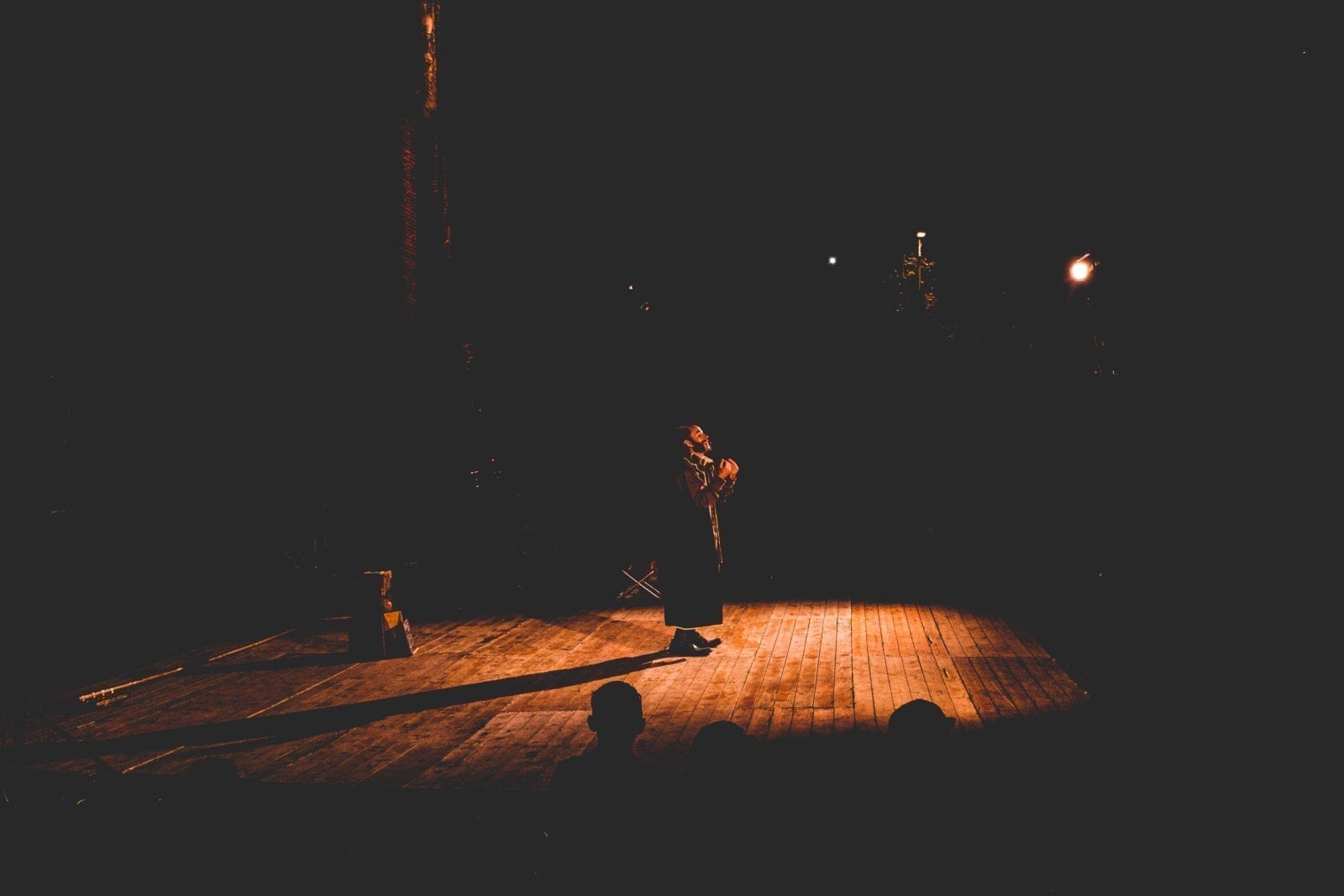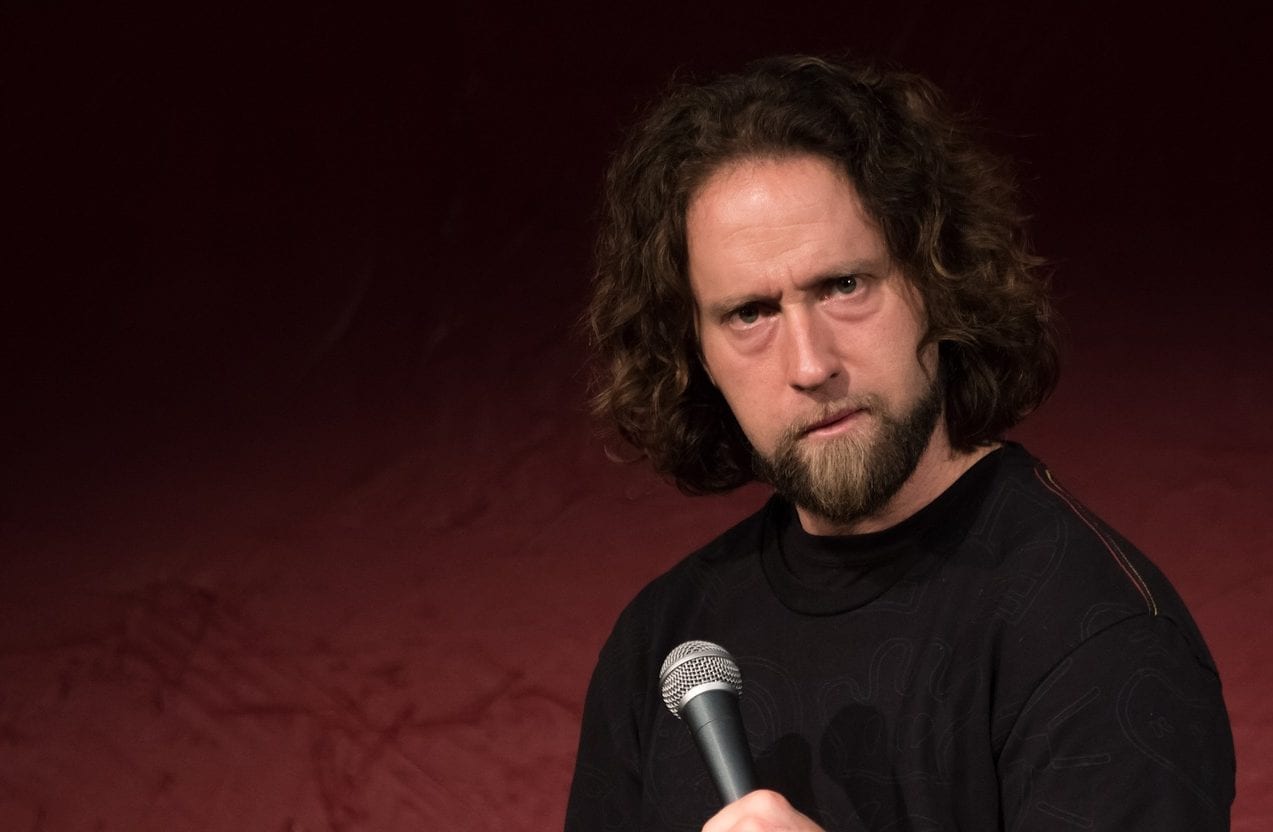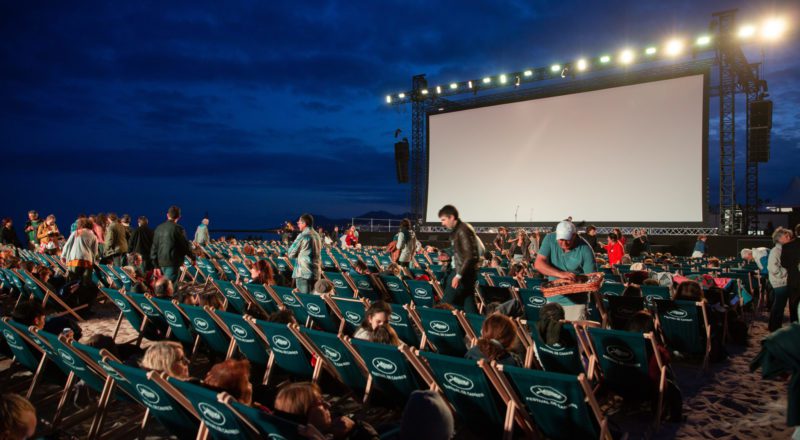As long as you choose your talent carefully, looking to create a stand-up comedy event could be your ticket to success.
In this guide, Lorne Armstrong, Director of Event Academy, will outline some of the steps you need to take to create a successful night of fun and laughter.
We are going to cover:
- Venue selection
- Setting up
- Ticketing
- Talent selection
- Formatting the event
- Promoting the event
The comedy circuit is fertile ground for a successful event and can make for a memorable experience for all involved. Consider the following to ensure that experience is a purely positive one.
Billetto is a ticketing platform that helps you manage, promote, and host events. Set up an event page and start selling tickets in 5 minutes.
CREATE YOUR EVENT >>
1. Venue selection
Venue selection is vital in the success of any event. An appropriate venue needs to:
- Fit within your budget
- Be accessible via public transport as well as by car
- Have enough capacity for the projected attendance
- Include a green room and a side or rear entrance for talent
- Have space for refreshments, a stage, and bathrooms
Comedy is all about the atmosphere, so careful selection is key. You want a venue small enough to be intimate but not so small that people have to stand. Go too large, and it may feel empty and lack that atmosphere.
You also need somewhere with good acoustics. A marquee is a cheap space but is not brilliant acoustically. They don’t rebound sound back into the room or insulate it from external noise. They can also get cold at night which can prove a distraction. Brick walls with no windows or risk of blackout are best.
Browse sites like The Comedy Club and Tag Venue to find a suitable venue online.
Tip: Learn more about finding the right venue.
2. Setting up
A stand-up comedy event is not very equipment intensive. You will require a stage of some kind, microphone, PA system, and seating for the audience. Some comedians may need space or special handling for props or staging, but the average requirement is modest. Lighting can be as simple as a single spotlight.

When browsing comedy venues, you will find the majority already have PA systems, suitable lighting, and seating.
The performance space should have a stage in the centre and seating facing the stage. The room should be free of distraction during the show, well insulated to avoid external noises, and kept relatively dark. The bar, if you have one, should dim their lights during performances and staff should know to keep noise to a minimum.
A successful stand-up comedy event is all about the comedian. As long as you put them centre stage and keep distractions to a minimum, everything should go well.
Tip: This guide to hosting a show might help.
3. Ticketing
If you’re project managing a ticketed event, you should think about pricing, availability, and distribution. Selling your tickets through an online site is the most convenient way to organise ticketing for your event. Billetto’s platform lets you quickly create a stand-up comedy event with tickets that can be purchased online. Other online platforms offer similar features.
As for pricing, the popular recommendation is to price comedy the same as local cinema tickets for all but the most famous comedians.
Tip: Here’s a list of ticketing sites to consider.
4. Talent selection
Talent selection will make or break your event. Your comedians need to be suitable for the audience and be compatible with each other for a well-paced and balanced event. Comedians that would work well for a corporate event may not be suitable at all for a family-friendly event.
Work the circuit, watch some videos, go to see a few shows to build a picture of their lineups. You’ll learn who works well with whom and build your own lineup from there. You can check out and get in touch with talent at The Comedy Club or The Comedy Store.
Prices will vary depending on how famous the comedians are. You can hire new comedians for as little as £50 a night. Headliners could cost anything between £1,000 to £20,000 per night.

Comperes are optional but provide a link between acts, which can work very well. They can tie the entire event together, warming up the crowd and filling unforeseen gaps between performances. Selecting a compere is about finding an experienced MC who has worked the circuit. They should have good energy, be likeable and have experience coping with silences, heckling, and the chicanery that can happen on a comedy night.
If your budget allows, it would be of great benefit to hire an experienced compere. They tie it all together and can add as much entertainment as the comedians.
5. Formatting the event
A comedy show will typically run for 90 minutes to two hours, depending on how many acts you have lined up. A common running list would go something like this:
- Warm-up, compere: 10 minutes
- First act: 15–20 minutes
- Compere: 2–5 minutes
- Second act: 20–25 minutes
- Compere: 5–7 minutes
- Headliner: 30–40 minutes
Factor in some entry and interlude music to keep energy high and help create the atmosphere.

6. Promoting the event
Now that you have your event organised, it’s time to promote it. You can use the usual social channels like Facebook, Twitter, and Instagram to post digital flyers and videos of your headliner. If you are hiring a well-known comedian, they should also be promoting the event through their mailing list and social media channels.
It’s also a good idea to list your event online. Websites like The List and Chortle let you add an event listing for free.
In addition, you should do as much offline marketing as you can. Think about handing out flyers after similar events and putting posters up in pubs local to the venue (and in the venue itself). All this should generate enough interest to sell out your event.
Billetto is a ticketing platform that helps you manage, promote, and host events. Set up an event page and start selling tickets in 5 minutes.
CREATE YOUR EVENT >>
May the fun begin
With these tips, you should now be able to create a stand-up comedy event in no time. If you have any experience organising comedy events, we’d love to hear from you in the comments. Good luck!
Author: Lorne Armstrong is the Commercial Director at Event Academy, an event management course provider based in Islington, London. He is an experienced facilitator of groups from 3 to 3,000 and has hosted and MC’d at countless events and conferences over the past 20 years.





Leave a Reply